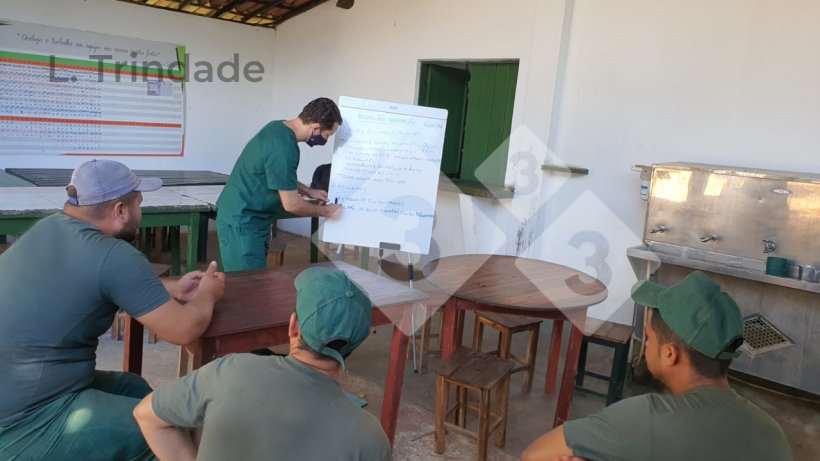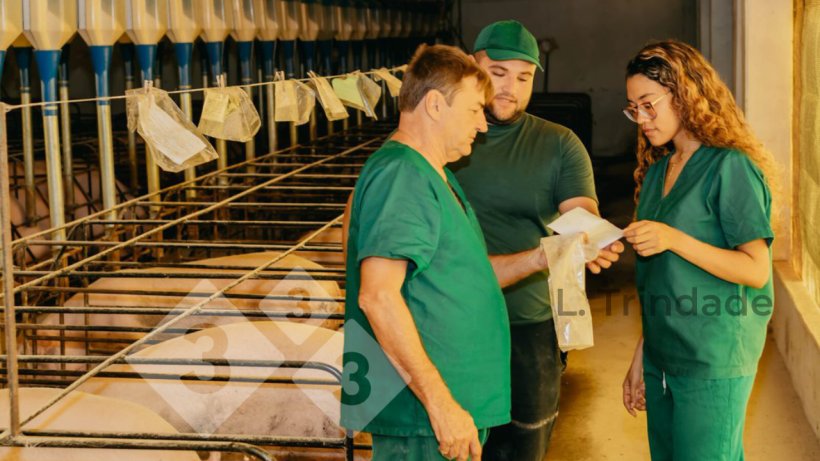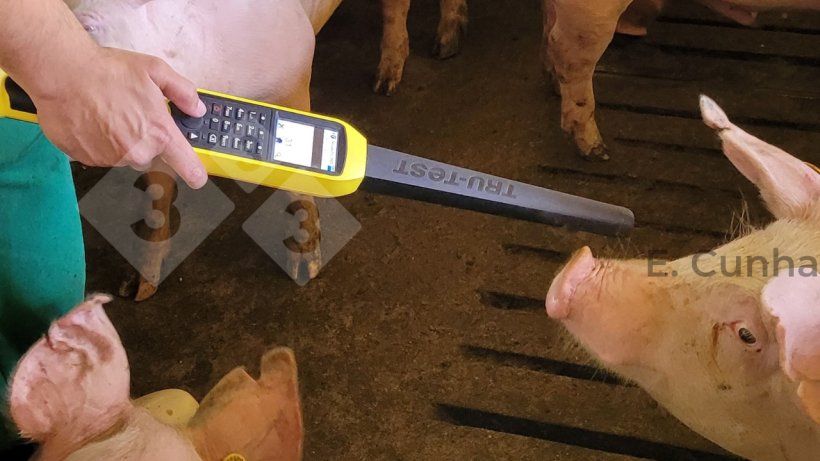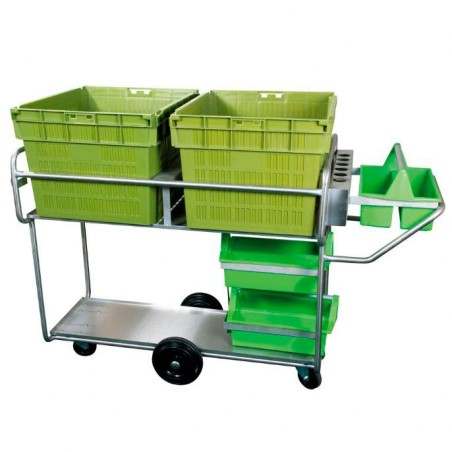Today, young people view work as an important- but not the only- part of their lives; they also value freedom, family, personal growth, good experiences, friends, and dignity. This perception influences their interest in staying with a company. For this reason, selection criteria are a challenge for managers who still believe that compensation and benefits alone are enough to engage and retain employees.
This article presents five strategies that tend to generate greater engagement of young people at work.

1. Participation in management
As digital natives, in an environment where communication is more open and collaborative, young people tend to value working on farms where they have the opportunity to express their opinions, make suggestions, and participate in decision-making. They need to realize that they are part of the processes and outcomes.
It is very useful to promote regular meetings to share and discuss problems and opportunities for improvement, plan goals, and production indicators with the participation of all employees involved and, above all, talk less and listen more.
2. Training and continued development
Young people are more committed to work and feel more valued on farms that routinely offer opportunities for growth through training.
In addition to technical training, personal development should be encouraged by providing opportunities to improve communication and interpersonal skills. Many employees possess strong operational skills but are often shy and have difficulty expressing their ideas. I once spoke with a night production assistant who had solutions to reduce piglet mortality but did not feel comfortable suggesting changes to the supervisor because of similar unsuccessful experiences in the past. In this situation, we identified the employee's lack of negotiation skills and the manager's lack of listening. This is one of the challenges that farms face on a daily basis and that are not always identified because managers focus only on analyzing data and results, without considering the behavioral factors that drive them.
In this case, it is necessary to prioritize training needs with the operations team and listen to what their greatest challenges are, both in technical and behavioral aspects, personalizing and contextualizing the instruction, making the learning and development process a mandatory component of the farm's schedule of activities (photo 1), encouraging a previous discussion on the subject, without forgetting to provide management training for technicians and supervisors who deal directly with the operations staff. This will improve communication and team commitment, with a significant impact on their productivity.

Photo 1. When training includes technical and behavioral aspects and is part of a schedule of activities on the farm, young people feel more valued and have a greater opportunity for growth.
3. Effective communication and ongoing feedback
Farms that share their vision for the future with employees are more attractive to young people. As a result, they are given the confidence and motivation to contribute, as long as they receive constant feedback (photo 2) that is open and specific, as to whether they are doing a good job. This is an effective way to recognize the performance of duties that strengthens the commitment and performance of the team.
I once visited a farm where the employee asked me if I knew the recent performance indicators at the nursery after he had made some adjustments to how weaned piglets were received and acclimated. The fact that he asked an outside consultant about the results in his area indicated a lack of internal communication and feedback.

Photo 2. Feedback is a form of recognition and verification so that young workers know if they are doing well or if they need to improve their work.
4. A more technological and innovative environment
The new generation has grown up in a technological, fast, and instant environment, so it is not surprising that sometimes they even have disdain for manual or archaic work, when they know that there are tools to make management much more effective and efficient (photo 3).
For them, working on a farm with advanced technology is much more attractive than working on a traditional farm. In addition to helping reduce manual labor and increase production efficiency, such technologies give the employee brand awareness and a sense of pride, which helps attract and retain other young people interested in working in the industry.

Photo 3. The employee identifies animals with the use of radio frequency (RFID). The electronic reading provides agility in animal identification and accuracy in data collection.
5. Flexibility in work schedule
The younger generation values work-life balance more than ever. Offering flexible schedules has increased employee participation, even on high-efficiency farms.

Lack of flexibility has been one of the negative elements most reported by workers on all farms where we conducted interviews and surveys. In many cases, working weekends was the main reason for resignation.
It is becoming increasingly difficult to find people willing to work traditional long hours with no time off during the week to meet their personal and family needs.
This is a new challenge for pig production. However, we have already observed in practice that it is possible to implement strategies that contribute to flexibility while maintaining team performance and results.
Conclusions
To create an attractive environment, it is not enough to adopt technologies, improve processes, and hire specialized technical advisors; it is necessary to invest in developing the entire team's communication and interpersonal skills, including the management of intergenerational conflicts. A farm that is highly technical but has a hostile work environment will be easily eliminated from the list of companies chosen by young workers.
For the younger generation, work is essential, but it has to be "meaningful and worthwhile", which has much more to do with the quality of relationships than with any other resource.
In addition, it is important to remember that each company is unique and there may be other strategies that are more effective for each particular context. The most important thing is to be attentive and willing to understand and balance the needs of the business with meeting the needs of young workers.






